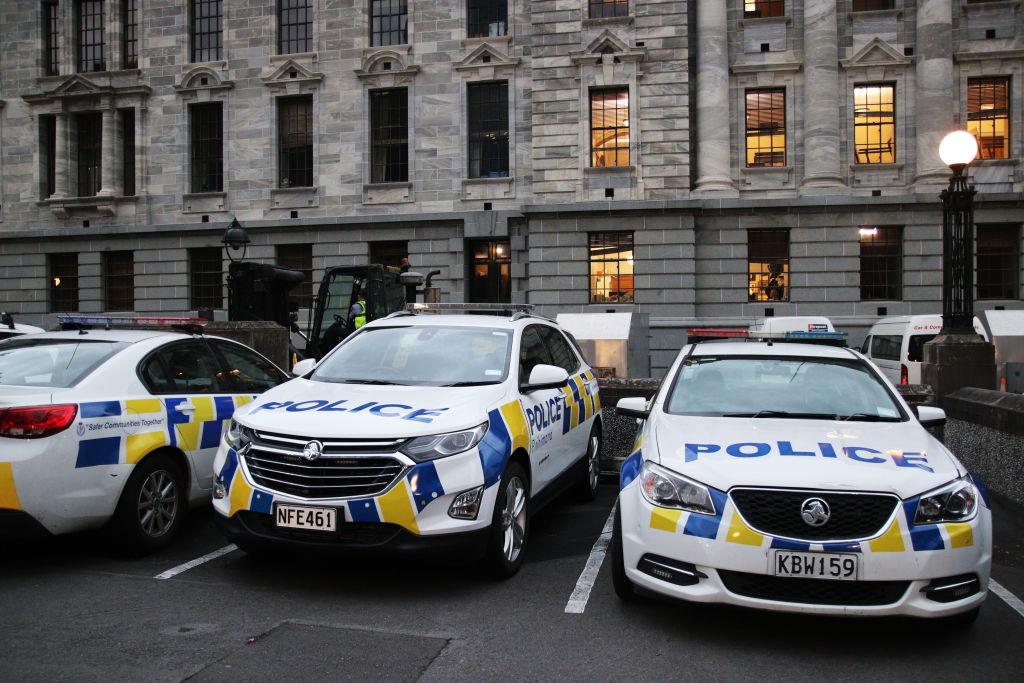Decades of family abuse has contributed to the rampant crime rate in New Zealand, with one politician comparing the lawlessness to that in South Africa.
“We’ve had the most crime, especially the most gun crime, that I can ever remember,” former federal Member of Parliament Matt King told The Epoch Times.





